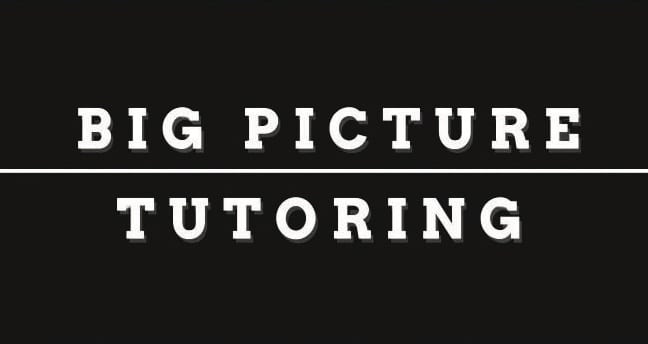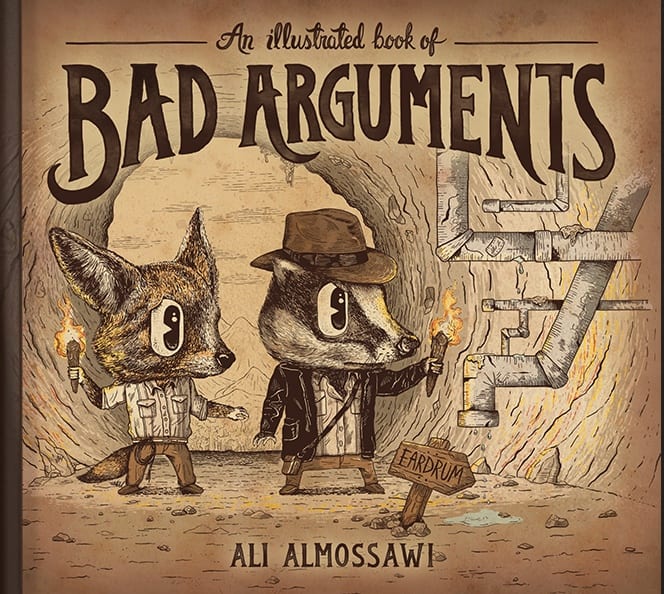In English, you probably do a fair bit of work on persuasive language – how to spot how people are trying to persuade you, and how you can persuade others. In the VCE Language Analysis task you find and name persuasive techniques, and write about their intended effect on the reader.
But what about the arguments themselves? Regardless of the language someone is using, is their argument actually any good? To me this is a more important question. Being able to spot a bad argument makes it easier to cut through all the noise. For example, look at this:
“How can we possibly take arguments for a Universal Basic Income seriously when they’re put forward by a such a smelly bunch of people in bad suits?”
We can see that the author is trying to get to us to think badly about a group of people, and therefore not listen to what they have to say. But actually that’s a bad argument called ‘ad hominem’, which basically means playing the player instead of the ball – attacking the person who made the argument rather than the argument itself.
Although sometimes that’s a valid thing to do (if someone has a history of lying it’s reasonable be cautious about believing them), it isn’t if your attack is irrelevant and distracting. So regardless of how much we might dislike bad suits and bad smells, it has nothing to do with economics and shouldn’t convince us that Universal Basic Income is a bad idea. (Btw this doesn’t mean that Universal Basic Income is a good idea, just that the author hasn’t made a valid argument that it’s a bad one).
Want to know more? This book is a great place to start. The whole thing is online, and it has heaps of illustrations.
Spotting bad arguments is one part of an extremely important set of skills, called critical thinking. Critical doesn’t mean criticise, in this case it means “involving skillful judgment as to truth, merit, etc”. To think critically you need to reflect on the way that you think, and try to do it better. This is one of the most important things you can learn at school, so we’ll be doing more posts on it. If you’d like us to let you know when we do, just hit subscribe!






